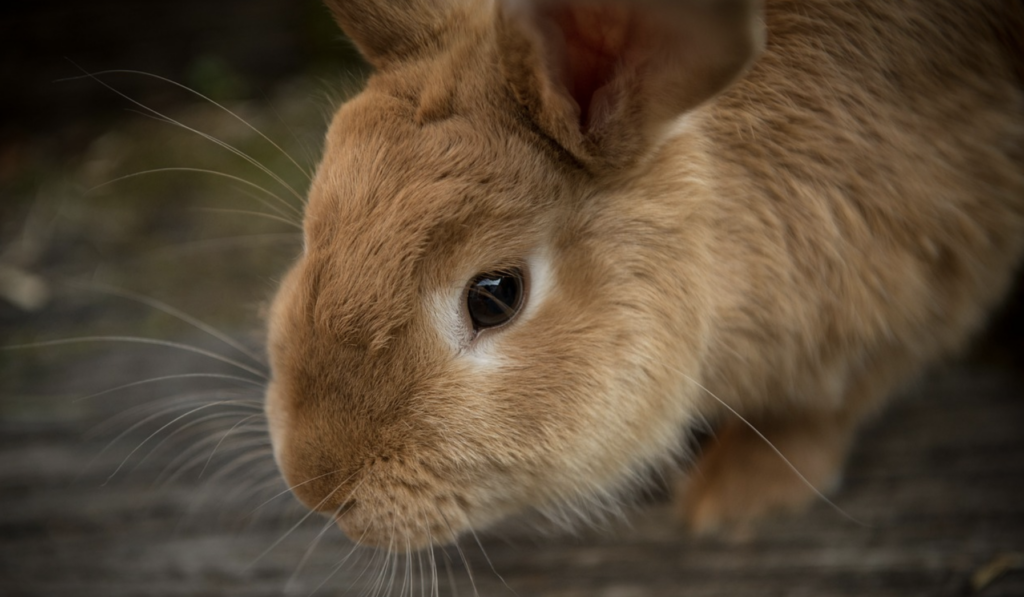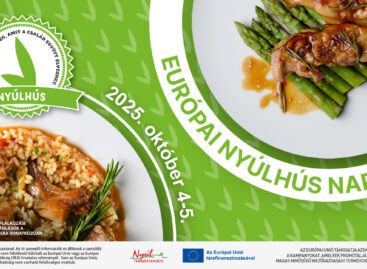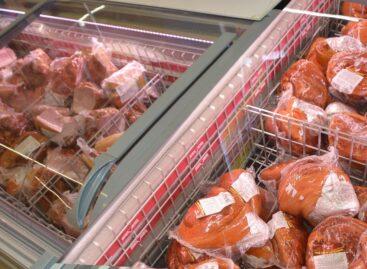The domestic rabbit industry relies on tenders
Hungarian rabbit breeders are in a particularly difficult situation as the increase in their costs has led to most of them operating at a break-even or loss-making level in rabbit meat production. High feed and energy prices also place a heavy burden on farmers.

Robert Jurasko, president of the Rabbit Product Council, stated in an interview with Agroinform that although there has been a slight decrease in feed prices, they still work until May or June due to higher prices. They do not expect changes in energy prices, so they have high hopes for grant funding. Through grants for livestock producers, they have the opportunity to reduce their costs by using renewable energy sources. Currently, rabbit meat production is balancing between break-even and loss, and the sector’s meat output decreased by 15-20% in the previous quarter. However, purchase prices have increased by 15-20% in proportion to the live weight increase, so the price of rabbit products produced in the sector has not increased in the past 10 years. Currently, there are about 60-65 rabbit farms in Hungary, with 100-105 thousand mother rabbits and their offspring. The majority of domestically produced rabbit meat is intended for EU exports. Hungarian rabbit breeds meet international market demands, and their slaughter yield is at least 60%.
Related news
Rabbit Product Council: the first European Rabbit Meat Days event series ended successfully
🎧 Hallgasd a cikket: Lejátszás Szünet Folytatás Leállítás Nyelv: Auto…
Read more >Rabbit meat has returned to Hungarian plates: the first European Rabbit Meat Days ended with great success
🎧 Hallgasd a cikket: Lejátszás Szünet Folytatás Leállítás Nyelv: Auto…
Read more >European Rabbit Meat Days on October 4-5, 2025
🎧 Hallgasd a cikket: Lejátszás Szünet Folytatás Leállítás Nyelv: Auto…
Read more >Related news
PwC Global CEO Survey: CEO confidence at a five-year low
🎧 Hallgasd a cikket: Lejátszás Szünet Folytatás Leállítás Nyelv: Auto…
Read more >







